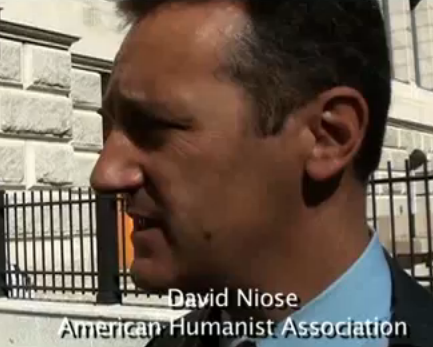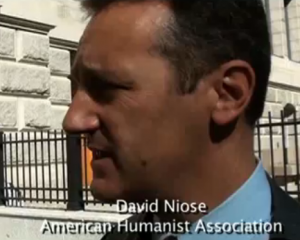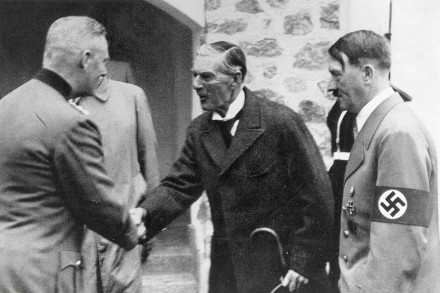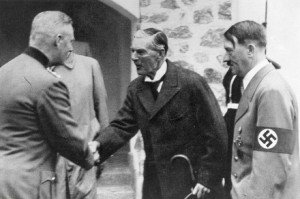
It’s nice that President Obama has asked for congressional approval to bomb Syria, but it’s at least worth noting that even with congressional approval a unilateral strike would still be considered a war crime by the United Nations.
“Aggression without UN authorization would be a war crime, a very serious one, is quite clear, despite tortured efforts to invoke other crimes as precedents,” Noam Chomsky told Ryan Grim of the Huffington Post.
Yale Law School professors Oona Hathaway and Scott Shapiro made the same point in a recent New York Times op/ed.
“If the United States begins an attack without Security Council authorization, it will flout the most fundamental international rule of all — the prohibition on the use of military force, for anything but self-defense, in the absence of Security Council approval,” they wrote. “This rule may be even more important to the world’s security — and America’s — than the ban on the use of chemical weapons.”
The United Nations is, in case you care, is opposed to military intervention in Syria. This story was buried on page A11 of Wednesday’s New York Times.
“Ban Ki-moon, the United Nations secretary general, said Tuesday that he appreciated President Obama’s efforts to engage Congress and the American people before deciding on possible armed strikes against Syria over chemical weapons use, but reaffirmed his opposition to any further military action without Security Council approval.”
If you didn’t care that the United Nations opposes military intervention in Syria, then my guess is you really don’t care that the UN is focusing its efforts on working with the neighboring countries that are harboring the more than 2 million Syrian refugees. There are another 4.5 million Syrians displaced inside the country.
The USA Today has a really good article about what Syrian refugees and rebels think about an American show of force.
Here are three perspectives from that story:
- “A difficult question,” said Firas Al-Hussain, a Syrian ambulance driver for the hospital, when asked how he felt about a possible U.S. strike. “If they stop the killing,” he said, he would favor it.
- “With 100,000 dead, millions displaced, and the country destroyed, it’s over,” said Ahmad Kuliyeh, a 26-year-old rebel soldier from his hospital bed, where he lay with one leg blown off, the other injured, and his arm in a cast. He said it didn’t matter which nation intervened, only that something be done and that a few strikes at buildings would change nothing in Syria. “Support us with weapons,” said . “If you give us weapons,” particularly anti-aircraft weapons, “then we don’t want Obama.”
- “If they are such weak strikes, Assad will show up stronger (militarily) than before, and he will eventually do more massacres than before,” said pharmacist Mohammad Agol from Idlib. “If the strike is going to be so limited, we don’t want it to happen. Either it’s a knockout, or nothing. We’d rather stick to the daily massacres that we’re used to.”
Florida Congressman Alan Grayson has been an outspoken opponent of military intervention.







